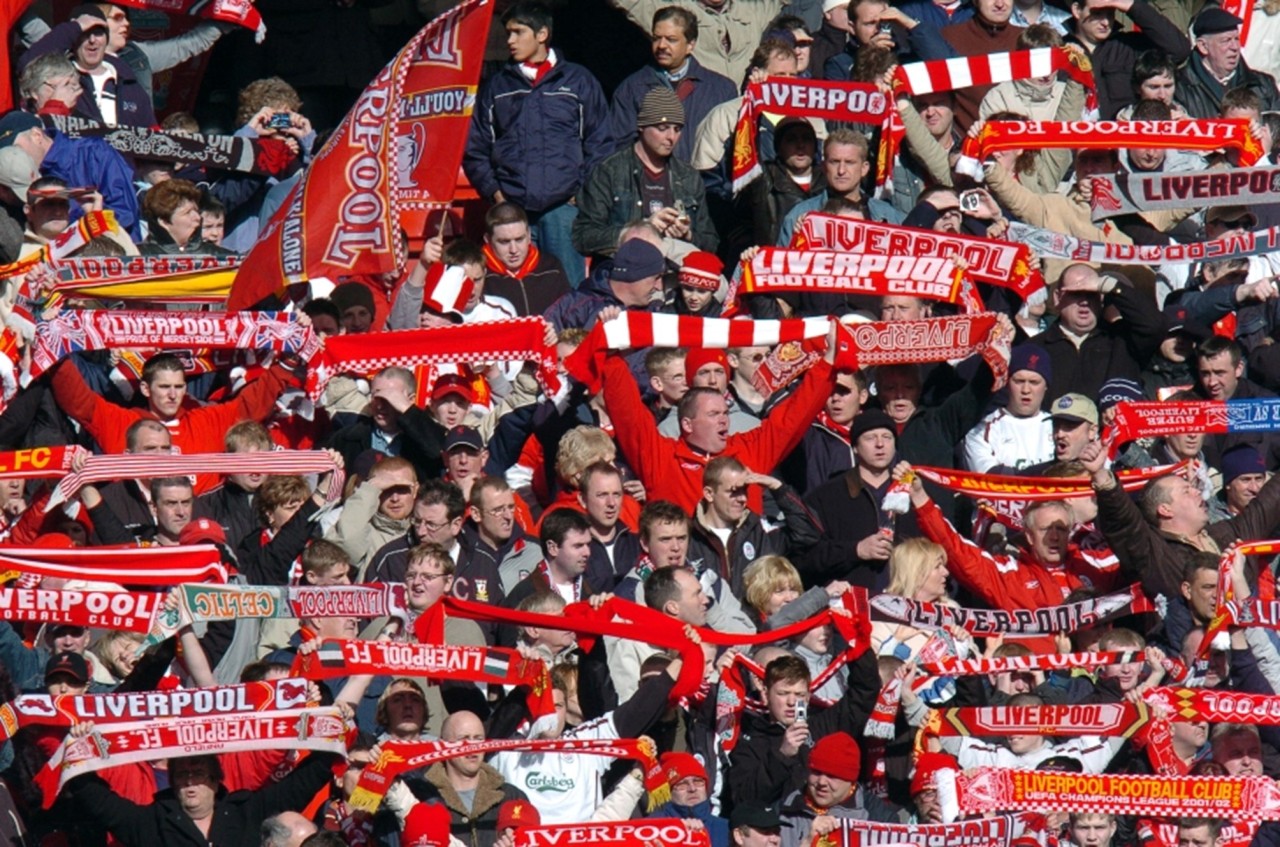Bruges Group Blog
How Brexit Affected Premier League Policies
Brexit has undoubtedly had an impact on multiple industries in Britain, one of those being professional football. It was always felt that Brexit could have a knock-on effect where Premier League policies, specifically, are concerned, and that has proven to be the case, but just how had the departure from the EU affected the English top flight?
One of the first areas of policy significantly affected by Brexit was, of course, the movement of players. It's no longer a case of players from Europe being able to come to the Premier League with relative ease and ply their trade. Instead, restrictions have tightened up tenfold, with everything working on a points system. Even some top talents won't initially receive approval for a work permit and may have to appeal.
The above has forced a lot of change in terms of how clubs recruit. And you could also argue that this also means that the ability of teams are beginning to level out, making for more competitiveness on the pitch. So, for example, it's noticeable that betting odds for Premier League games have been a lot closer since Brexit's impact started to come to the fore. It's not just the Premier League directly feeling the effects; it's everything surrounding it too.The £ has also been affected by Brexit, a critical factor in Premier League football, and recruitment to and from the division more so. Since leaving the EU, the £ has naturally weakened, as many expected. But, what this ultimately means is that it will not only cost more to bring in players who meet the requirements from abroad, but foreign clubs will also be able to obtain talent from the Premier League for less as a result.
Again, we see how one thing can lead to another. As Premier League clubs' recruitment policies change, it means there is a bit of cat and mouse being played. Suppose clubs feel that shopping abroad isn't necessarily worth doing as much as it was in the past. In that case, the only remaining option is to do business closer to home, which is great for English football, especially when homegrown players are recruited.
However, every club is wise to this method of attack, not just in the Premier League, but in the English Football League too, where many top-flight outfits are beginning to do at least part of their shopping. And, naturally, there is a premium for UK-based players because there is the knowledge that it's going to be less hassle and easier to get deals like this over the line while also having the bonus of registering all-important homegrown players.
As you can see, Brexit's impact cannot be understated. It's changed how football clubs at the top level operate, and policies have been altered in many facets as a result. As time progresses, clubs are getting to grips with the new way of working and how they can recruit from Europe without any significant snags, which was always the drawback many worried about pre-Brexit.
Contact us
246 Linen Hall, 162-168 Regent Street
London W1B 5TB
Director : Robert Oulds MA, FRSA
Founder Chairman : Lord Harris of High Cross





